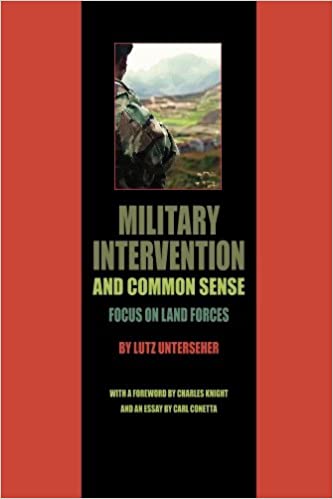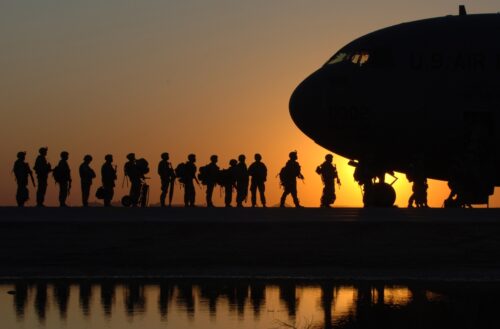by Lutz Unterseher, Berlin-Greifswald: Ryckschau, 2008. Foreward by Charles Knight. Includes a chapter by Carl Conetta, Helicopters in the US wars since 9/11. PDF | order paperback
[from the Foreward]
“This book…makes a major contribution to undoing the confusion for one class of increasingly likely 21st Century uses of military force. That is, internationally sanctioned military intervention using greater force than traditional peace-keeping and less than ‘war-fighting’.”



 by Carl Conetta
by Carl Conetta